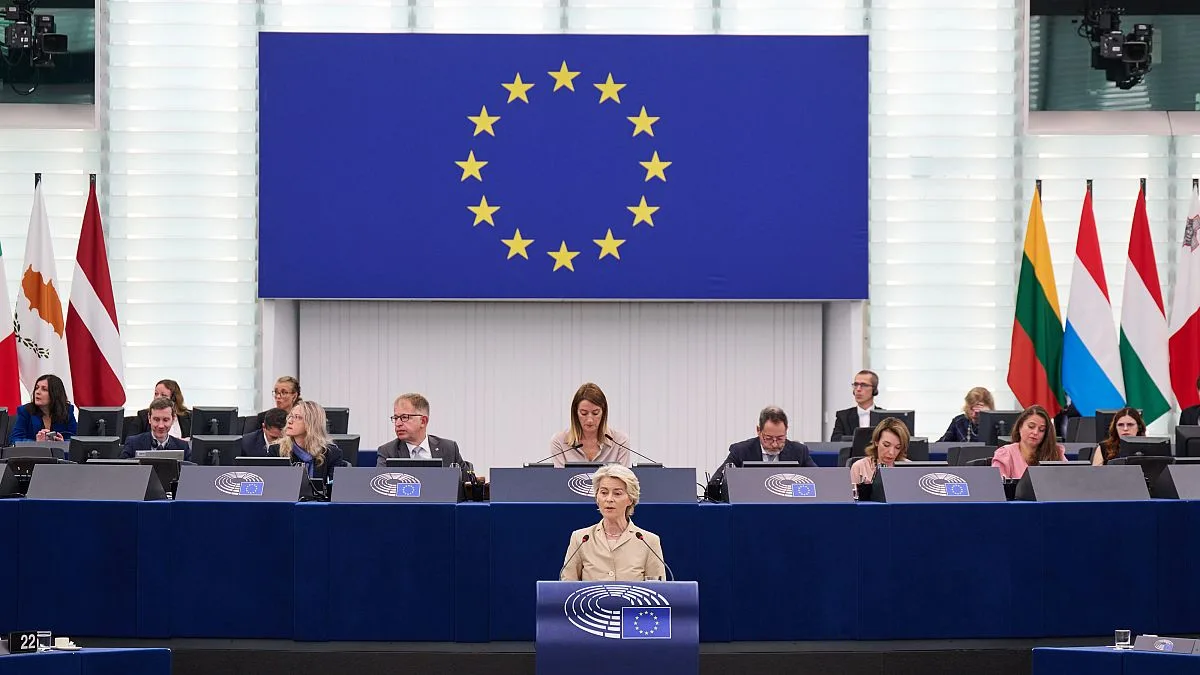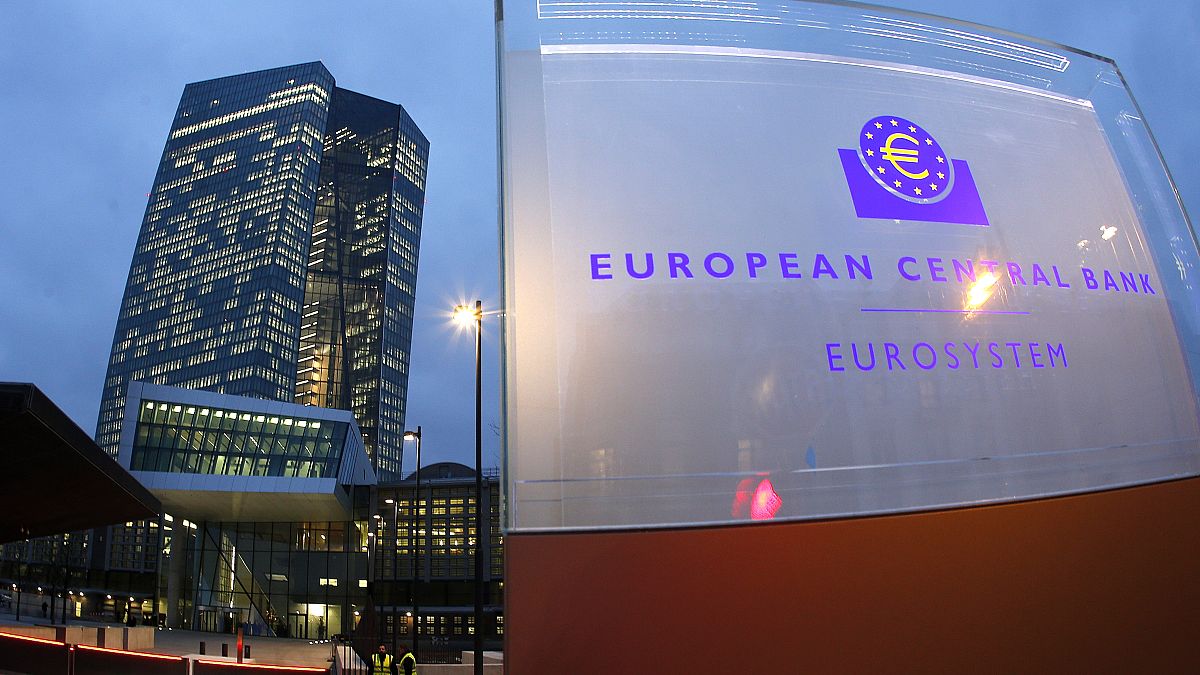The European Union’s forthcoming budget for 2028-34 aims to be more streamlined and adaptable, yet it is crucial for regional and local authorities to remain engaged in the process. This was emphasized by Marie-Antoinette Maupertuis, a Committee of the Regions member, during discussions with Members of the European Parliament (MEPs) in Brussels on Monday.
A representative from Europe’s regions expressed apprehensions regarding a draft proposal from the EU Commission, which suggests centralizing €1.2 trillion of the upcoming budget directly to member states. This conversation unfolded in the budget committee meeting attended by MEPs, highlighting the importance of maintaining local involvement in budgetary decisions.
Negotiations for the next Multiannual Financial Framework (MFF), the seven-year plan dictating EU spending limits, are slated to commence in the summer of 2025. Nevertheless, the European Commission has already proposed ideas for reconfiguring the budget post-2027, signaling an intention for tighter control than in previous frameworks.
According to a leaked draft reviewed by Euronews, the Commission is contemplating a model that would allocate a single funding pool to each member state, which would encompass about 530 programs. This strategy aims to better link EU funding with the execution of reforms or the fulfillment of policy objectives, with a method reminiscent of mechanisms established for post-pandemic recovery efforts.
For instance, member states planning to invest in social housing may be mandated to address the gender employment gap. Similarly, those looking to develop migrant reception facilities could be required to enhance cross-border collaboration.
The objective of introducing a single-fund model is to reduce bureaucracy, simplify the legal framework, and enforce stricter funding conditions. These measures also aim to uphold EU values and protect the bloc’s financial integrity.
“An EU strategy is not merely a collection of 27 distinct plans,” stated Maupertuis, who represents France within the European Alliance on the Committee of the Regions. She warned that shifting away from multi-level governance and the principle of subsidiarity would be a significant error.
Last week, Tony Murphy, president of the Luxembourg-based European Court of Auditors, shared his perspective with reporters. He expressed support for increased efficiency and reduced fragmentation within EU programs but voiced skepticism about the effectiveness of a single funding pot per country, emphasizing the need for further details.
Earlier in September, the EU’s budget director-general indicated that the bloc has a unique opportunity to create a more flexible, prompt, and policy-oriented budget for the period of 2028-34. “The next EU budget should concentrate on where we provide added value and positive externalities; investing in one area should benefit the entire EU,” Riso stated during an event hosted by the Brussels-based think tank Bruegel last month.
Maupertuis concurred that a “paradigm shift” is necessary for the budget to better align with the needs of EU regions. However, she urged MEPs to incorporate input from regional and local authorities to ensure that the evolving budget framework serves the diverse needs of all communities effectively.
With additional insights from Gerardo Fortuna.
Photo credit & article inspired by: Euronews



